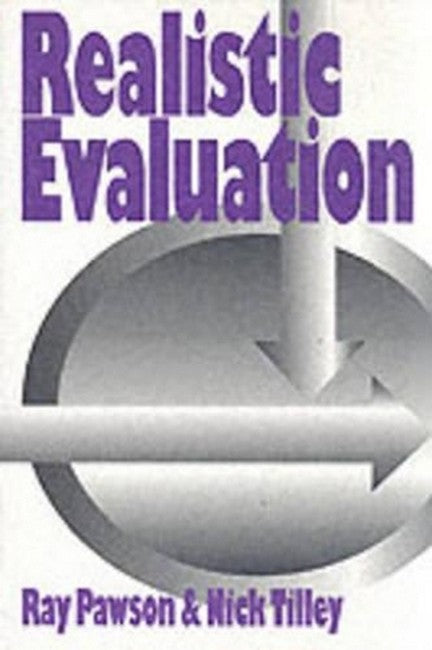Given my job title, it will come as no surprise that my main interest lies in research methodology. This does not quite bracket me with the technical nerds, however, for I have written widely on the philosophy and practice of research, covering methods qualitative and quantitative, pure and applied, contemporaneous and historical. There is a common 'realist' thread underlying every word, albeit a modest, middle-range, empirically-rich kind of realism. Nick Tilley is a professor in the UCL Department of Security and Crime Science, Emeritus Professor of Sociology at Nottingham Trent University, and an adjunct professor at the Griffith Criminology Institute in Brisbane. His academic work has been devoted to developing and delivering theoretically informed applied social science. Specific interests lie in evaluation methodology, the international crime drop, problem-oriented policing, and situational crime prevention, about all of which he has published extensively. Books include Realistic Evaluation (1997, with Ray Pawson); Crime Prevention (2009); Economic Analysis and Efficiency in Policing. Criminal Justice and Crime Prevention: What Works? (2016, with Matthew Manning, Shane Johnson, Gabriel Wong, and Margarita Vorsina); and Reducing Burglary (2018, with Andromachi Tseloni and Rebecca Thompson). Nick was awarded an OBE for Services to Policing and Crime Reduction in 2005 and elected a Fellow of the Academy of Social Sciences (FAcSS) in 2009.
Request Academic Copy
Please copy the ISBN for submitting review copy form
Description
A History of Evaluation Out with the Old Weaknesses in Experimental Evaluation In with the New Introducing Scientific Realism How To Design a Realistic Evaluation How To Make Evaluations Cumulate How To Construct Realistic Data Utilizing Stakeholders' Knowledge No Smoking without Firing Mechanisms A `Realistic' Consultation Evaluation, Policy and Practice Realizing the Potential The New Rules of Realistic Evaluation
`This book is a must for those engaged in the field, providing a fully illustrated text on evaluation with numerous examples from the criminal justice system. Unusually, it offers something for the academic, practitioner and student alike. I found Pawson and Tilley's latest work on evaluation an enjoyable and informative read. For myself their `realistic evaluation' clarified and formalised a jumbled set of ideas I had already been developing. Although not everyone will agree with the methodology proposed by the authors, this book is a valuable read as it will cause most of us at least to review our methodological stance' - International Journal of Police Science and Management `This is an engaging book with a strong sense of voice and communicative task. The voice is sometimes strident, but always clear. Its communicative qualities are evident equally in its structure: lots of signposting for the reader within and across chapters' - Language Teaching Research `This provocative, elegant and highly insightful book focuses on the effective incorporation of actual practice into the formulation of evaluation methodology. What a pleasure to read sentences like: "The research act involves "learning" a stakeholder's theories, formalizing them, and "teaching" them back to that informant who is then in a position to comment upon, clarify and further refine the key ideas". Pawson and Tilley have given us a wise, witty and persuasive account of how real practitioner experience might be encouraged to intrude on (and modify) researchers' concepts about program processes and outcomes. This holds important promise for achieving something that is devoutly to be wished: closer interaction among at least some researchers and some policy makers' - Eleanor Chelimsky, Past-President of the American Evaluation Association `This is a sustained methodological argument by two wordly-wise social scientists. Unashamedly intellectual, theoretically ambitious yet with a clear but bounded conception of evaluation. It is articulate, occasionally eloquent and always iconoclastic, whilst eschewing "paradigm wars". The Pawson and Tilley "realist" call to arms threatens to take no prisoners among experimentalists, constructivists or pluralists. It is the kind of book that clarifies your thoughts, even when you disagree with everything they say' - Elliot Stern, The Tavistock Institute

